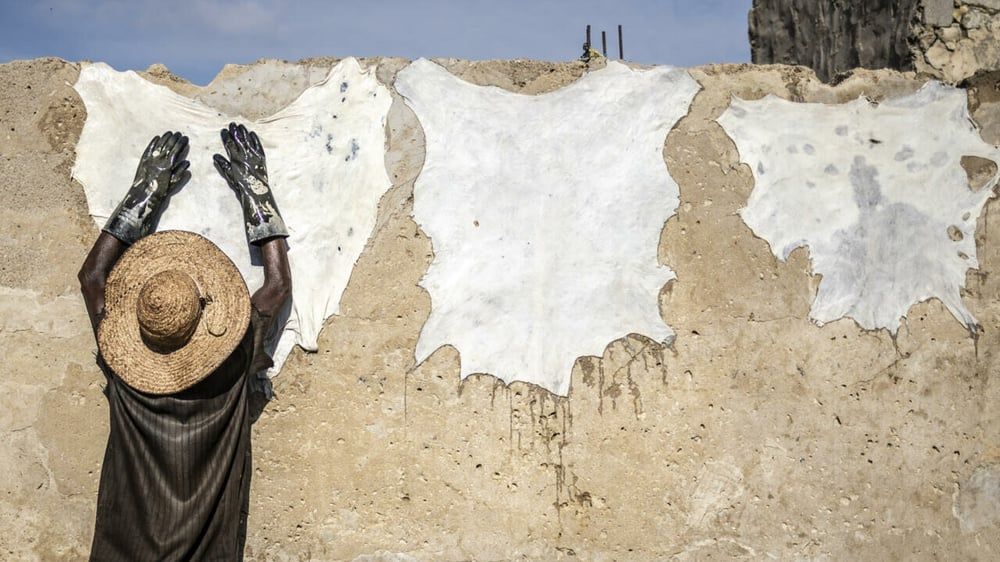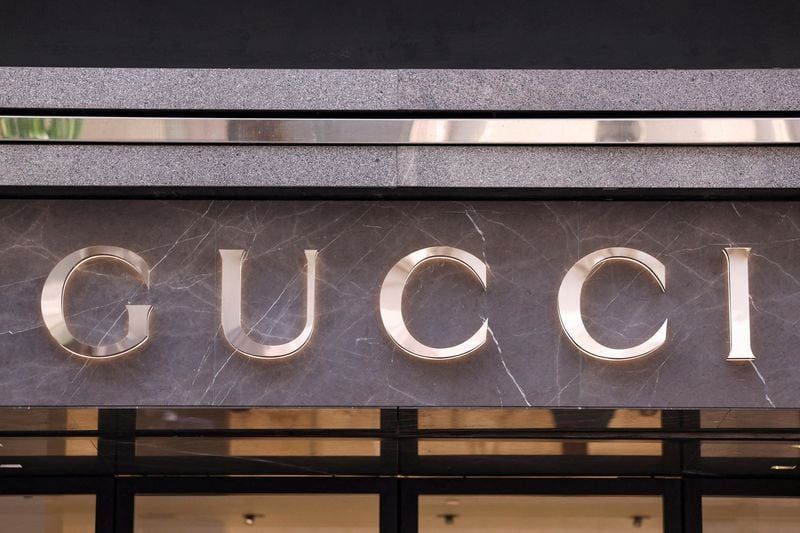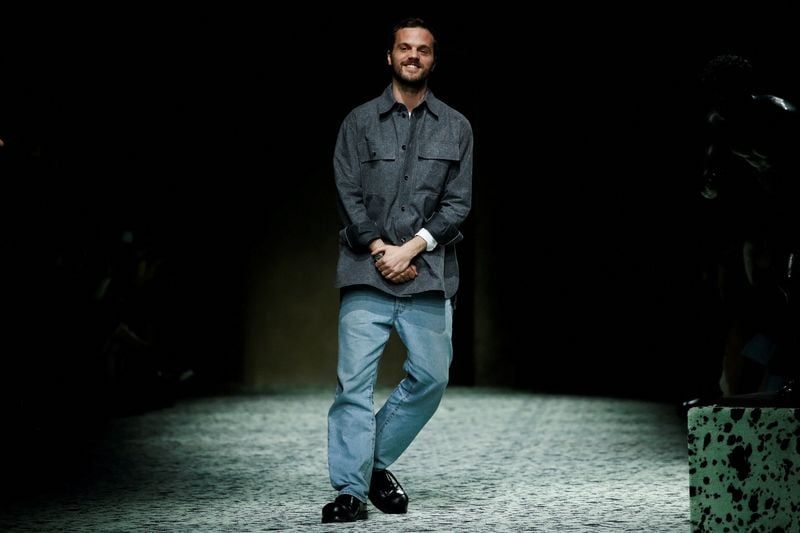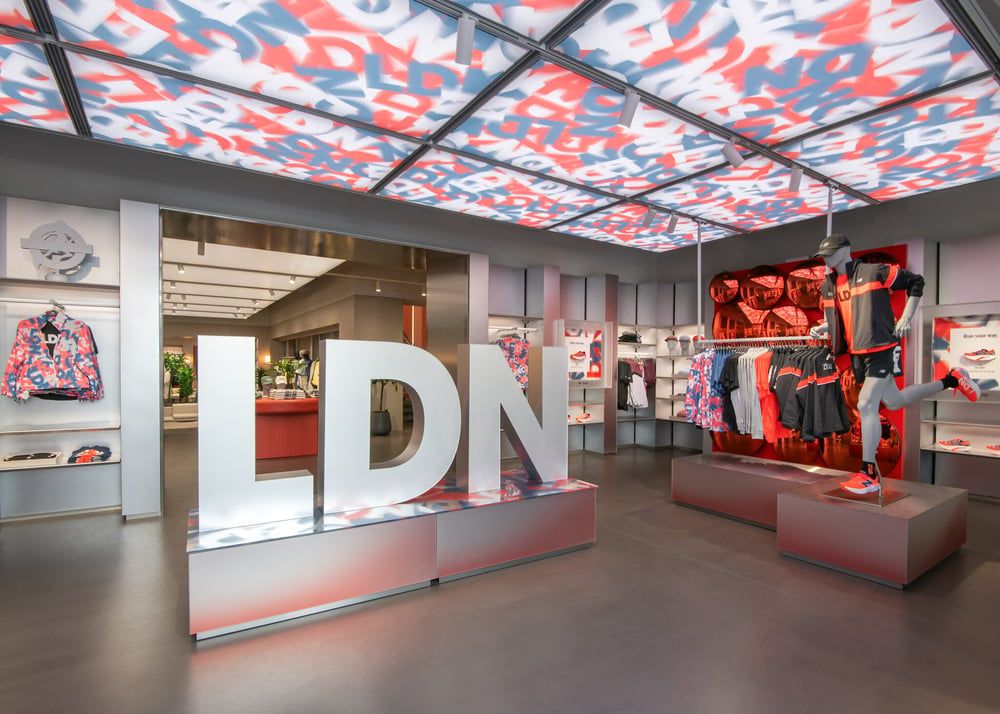Nigerian Designer Reclaims Heritage, Elevates Local Leather to Global Luxury

Nigeria possesses a rich heritage in leather production, yet the vast majority of its semi-finished leather is exported to Europe and Asia, where it is transformed into luxury items bearing international brand labels, often with no acknowledgment of its Nigerian origins. Challenging this trend, Isi Omiyi has established her own homegrown brand, crafting high-end pieces with the explicit aim of reclaiming and celebrating Nigeria's leather identity on the global stage.
From her apartment in the bustling Lagos metropolis, Omiyi has created an exquisite boutique space where her meticulously designed bags, wallets, and shoes are displayed, some commanding prices up to $1,500. The 56-year-old designer passionately asserts, "Leather is part of our heritage. I can't just stand by and watch others receive all the credit for work that we started here." Her central mission is to amplify "Made in Nigeria" craftsmanship and advocate for transparency. Omiyi expresses a strong desire for foreign brands to include "originally from Nigeria" alongside "made in Italy," "made in France," or other manufacturing locations on their products, noting that most currently do not.
According to Nigeria’s export promotion agency, a staggering 90% of the country's leather is exported, with Italy and Spain being the primary destinations, jointly accounting for approximately three-quarters of the total volume. This substantial export trade generates an estimated $600 million in annual revenue, as reported by Oluwole Oyekunle, a researcher at the Nigerian Institute of Leather and Science Technology located in Samaru, Kaduna state.
In Kano, a northern Nigerian state known for its leather industry, major international luxury brands source their leather through a network of intermediaries who connect them directly with tanneries. Kano is home to 11 such facilities, including Ztannery, which has been operational since 2010. This modern tannery receives daily deliveries of dozens of fresh goat and sheep hides from across Nigeria and neighboring countries. These hides undergo a nine-day sorting and treatment process, transforming them into semi-finished leather. Abbas Hassan Zein, 47, owner of Ztannery, explains, "We process from zero to semi-finished leather, which is 80% of the whole process."
Once processed, intermediaries ship these semi-finished hides to Europe for further treatment before they are sold to renowned luxury brands such as Gucci, Ferragamo, Prada, and Louis Vuitton. Zein laments that at this point, the connection to its origin is severed: "And this is where the process goes from ‘Made in Nigeria,’ and the balance 10% of the finished leather is lost and becomes ‘Made in Italy’ or ‘Made in China.’"
Modern tanneries like Ztannery, equipped with state-of-the-art machinery, typically only accept large orders paid in dollars or euros. This financial barrier effectively cuts off access for local Nigerian designers who would prefer to pay in their local currency. Consequently, many local designers turn to traditional establishments like the Majema tannery, founded in 1932 in the heart of Kano city. Here, the entire process is manual, with dozens of tanners cleaning and dyeing hides directly on the earthen floor amidst a rustic environment. Tannery manager Mustapha Umar, 52, confirms that their customers hail from across Nigeria and even neighboring countries like Niger, Cameroon, Chad, Benin (Cotonou), and Europe.
Recognizing the need for a dedicated platform, Femi Olayebi, founder of the Nigerian brand FemiHandbags, established the Lagos Leather Fair in 2017. This annual event brings together approximately 100 leather professionals in Nigeria's commercial hub. Olayebi highlighted, "There was a need for a platform dedicated to designers, products, and leather suppliers, demonstrating that Nigerians, with their own resources, are capable of creating items that are worth purchasing."
The sector is witnessing a surge in both public and private ventures across Africa’s most populous country. In Kano, Tijjani Sule Garo of GB Tannery, a family business with three generations of experience, notes that Indian, Chinese, and some European producers—not necessarily the major luxury brands—"have started showing interest in coming here to do the manufacturing." Furthermore, in August, the Lagos state government launched a leather goods factory in the Mushin neighborhood, strategically located near one of the country’s largest leather markets, with the ambitious goal of creating 10,000 jobs.
To effectively compete against global leather industry giants, Olayebi underscores the critical need for "better machines, better access to high-quality Nigerian leather, and above all, better training." Ultimately, for David Lawal, 26, a brand executive at Morin.O, the core objective is to champion and promote a distinct Nigerian identity. Lawal observes that many customers are actively seeking a "timeless expression of heritage," which can be powerfully narrated through leather products created in Nigeria and crafted by Nigerians.










